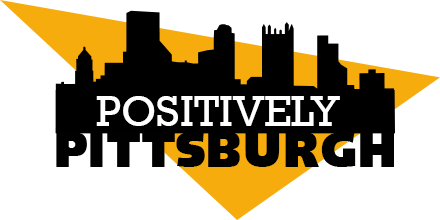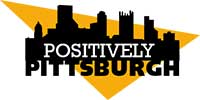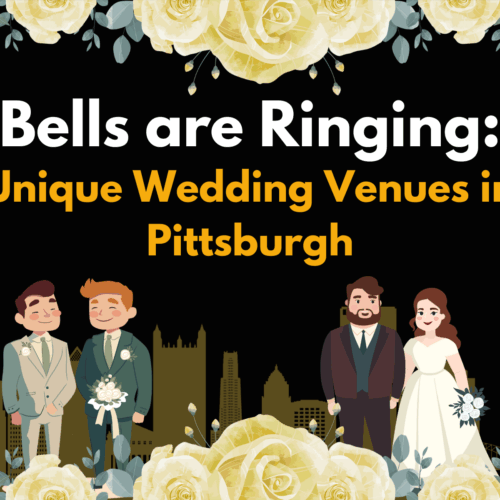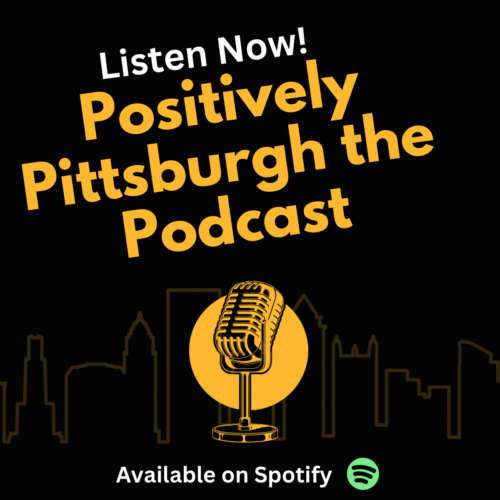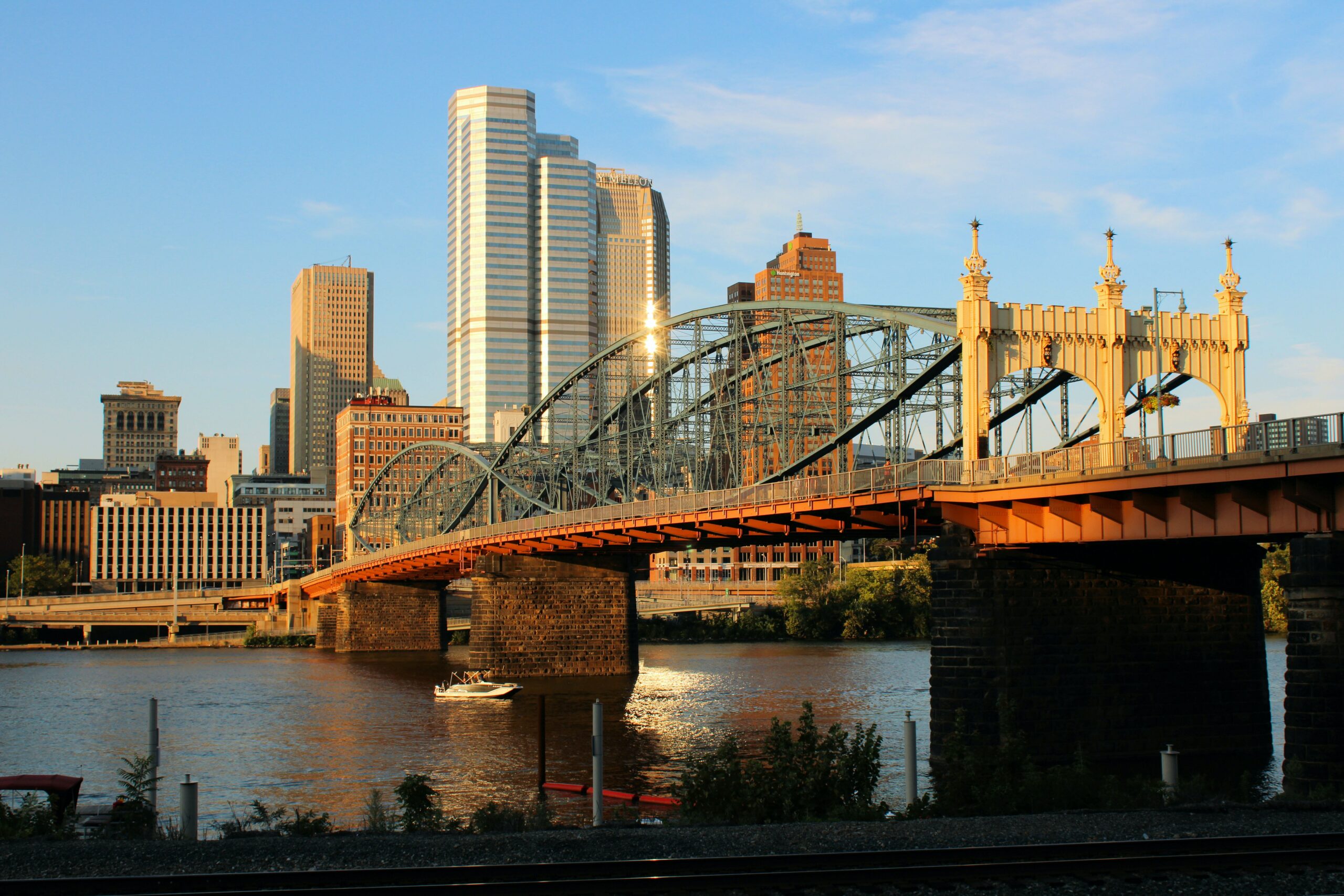
Pittsburgh Bridges: A Brief History
May 23, 2023
4th of July Events in Pittsburgh
July 3, 2023
Celebrating 50 Years of Pride.
Pittsburgh Pride 2023 just wrapped up its annual parade and march, but that doesn’t mean Pride has to stop. June is Pride Month, and events will continue to happen throughout the city. This past weekend marked the 50th anniversary of Pittsburgh’s Pride March and Parade, and it got us wondering: What’s the history of the Pittsburgh Pride movement? It turns out, the history of Pittsburgh’s Pride movement traces back several decades, marked by significant milestones, activism, and community development.
To learn more about Pittsburgh Pride, we spoke with Jim Sheppard of QBurgh, a local resource focused on bringing LGBTQIA+ news and community events to the area, to better grasp the timeline and Pittsburgh’s Pride history.
The First Pittsburgh Pride March
The first Pittsburgh Pride Parade was held in 1973 to commemorate the 1969 Stonewall Riots and give the gay community a place to unite and be open. “It started with approximately 50 people in Market Square, and at the end, there were 100 people,” Sheppard explained. The march began in Market Square and went 3-miles to Schenley Park. The route was filled with participants chanting and letting the world know they deserved to be accepted.
In the 1990s, Pittsburgh Pride drew larger crowds. “Pride’s growth came from activism within the community,” Sheppard explained. The growth didn’t come from a singular point but from the grassroots efforts of LGBTQIA+ community members and allies. It also came from the growth of Pride around the world.
Pittsburgh Pride has continued to grow and now focuses more on the diversity within the community. Sheppard explained that unlike in the past, with corporate sponsors being a significant focus, Pittsburgh Pride now heavily emphasizes the community and diversity. “The community marches first,” he explained, “First the members, then allies. The sponsors come at the end.”
Preserving History
This shift in how the parade is structured is rooted in the Pittsburgh LGBTQIA+ history, a history many are working to preserve. Some stories and details about the Pittsburgh community have been lost to time, which is where QBurgh comes in. Due to the unfair treatment of LGBTQIA+ throughout history, there are gaps in the timeline. Whether it’s from a lack of news coverage leading to fewer items to be archived or needing a central place to archive events and stories, QBurgh is working to create a digital archive where people can go to learn about the Pittsburgh LGBTQIA+ history.
The Q Archives are currently up on QBurgh as a sample of what they hope the project to become. But the project needs help from the public at large. In order to create the database, they need files to archive. If anyone has pictures from old events or magazines that might talk about the community’s history, they are asking for donations of these items or a chance to digitize them for the collection. They are also raising funds through a GoFundMe to help cover the project’s costs.
Local LGBTQIA+ Organizations
Throughout its history, the Pride movement in Pittsburgh has been driven by passionate activists, community organizations, and supportive allies. It has played a vital role in advocating for LGBTQIA+ rights, providing resources, and fostering a sense of belonging and visibility within the city.
If you’re looking for local resources, please check out these organizations:
- QBurgh: Online magazine that provides LGBTQIA+ news, events calendar, and community resources in Pittsburgh.
- Proud Haven: Offers services for LGBTQIA+ youth and adults who are experiencing homelessness and housing insecurity.
- TransYOUniting: Provides services to the Pittsburgh Trans Community. Including crisis housing and food assistance.
- QMNTY Center: Officers youth and adult drop in events, a library, support for job searches, and more.
Pittsburgh Pride Timeline
Here is an overview of critical moments and organizations that have shaped the LGBTQIA+ movement in Pittsburgh, including some firsts that happened this year:
1970s:
- 1973: Pittsburgh’s first-ever Pride parade was held. It was organized by the gay rights organization Gay Alternatives Pittsburgh. The march was held to commemorate the 1969 Stonewall Riots and to give the gay community a place to come together and be open. The parade started in Market Square and ended in Schenley Park.
1980s:
- In response to the AIDS crisis, numerous LGBTQIA+ organizations were formed in Pittsburgh, including the Pittsburgh AIDS Task Force (PATF) and the AIDS Task Force of Southwestern Pennsylvania. These organizations played a crucial role in providing support services, education, and advocacy for those affected by HIV/AIDS.
- 1985: The Pittsburgh Lesbian and Gay Film Society (now known as Reel Q) was founded. Their organizing of an annual LGBTQ+ film festival continues to this day.
- 1987: The Shepherd Wellness Community opened in Pittsburgh, providing support services, advocacy, and wellness programs for individuals with HIV/AIDS. Throughout the years, the community has grown to include the AIDS Community Center.
1990s:
- 1991: The Pittsburgh Gay and Lesbian Community Center (GLCC) filed a complaint with the Pittsburgh Human Rights Commission Commission due to discrimination; they were denied a lease due to the fear of AIDS. They won the case.
2000s:
- 2002: The first PrideFest was held in Pittsburgh, bringing together various LGBTQ+ organizations, vendors, and community members for a day of celebration and advocacy.
- 2007: Pittsburgh elected its first openly gay city council member, Bruce Kraus, who has been a staunch advocate for LGBTQ+ rights and representation.
2010s:
- 2012: Pittsburgh City Council passed a landmark ordinance prohibiting discrimination based on sexual orientation, gender identity, and gender expression.
- In 2015, the U.S. Supreme Court’s ruling in Obergefell v. Hodges legalized same-sex marriage nationwide, leading to joyful celebrations in Pittsburgh.
- 2017: The Delta Foundation faced criticism and controversy surrounding the inclusion of corporate sponsorship and the involvement of certain organizations in Pittsburgh Pride events. This led to discussions within the community about the direction and representation of Pride.
2020s:
- In recent years, Pittsburgh’s Pride movement has continued to evolve and expand. Grassroots organizations, such as the Pittsburgh Black Pride and SisTers PGH, have emerged to provide a platform for LGBTQIA+ people of color and transgender individuals.
- 2019: The Mayor’s LGBTQIA+ Advisory Council was established to address the needs and concerns of the LGBTQIA+ community and ensure their voices are heard in city governance.
- 2023: All three mascots from Pittsburgh’s professional sports teams appeared together, and the teams also sent staff/players to the Pride Parade.
